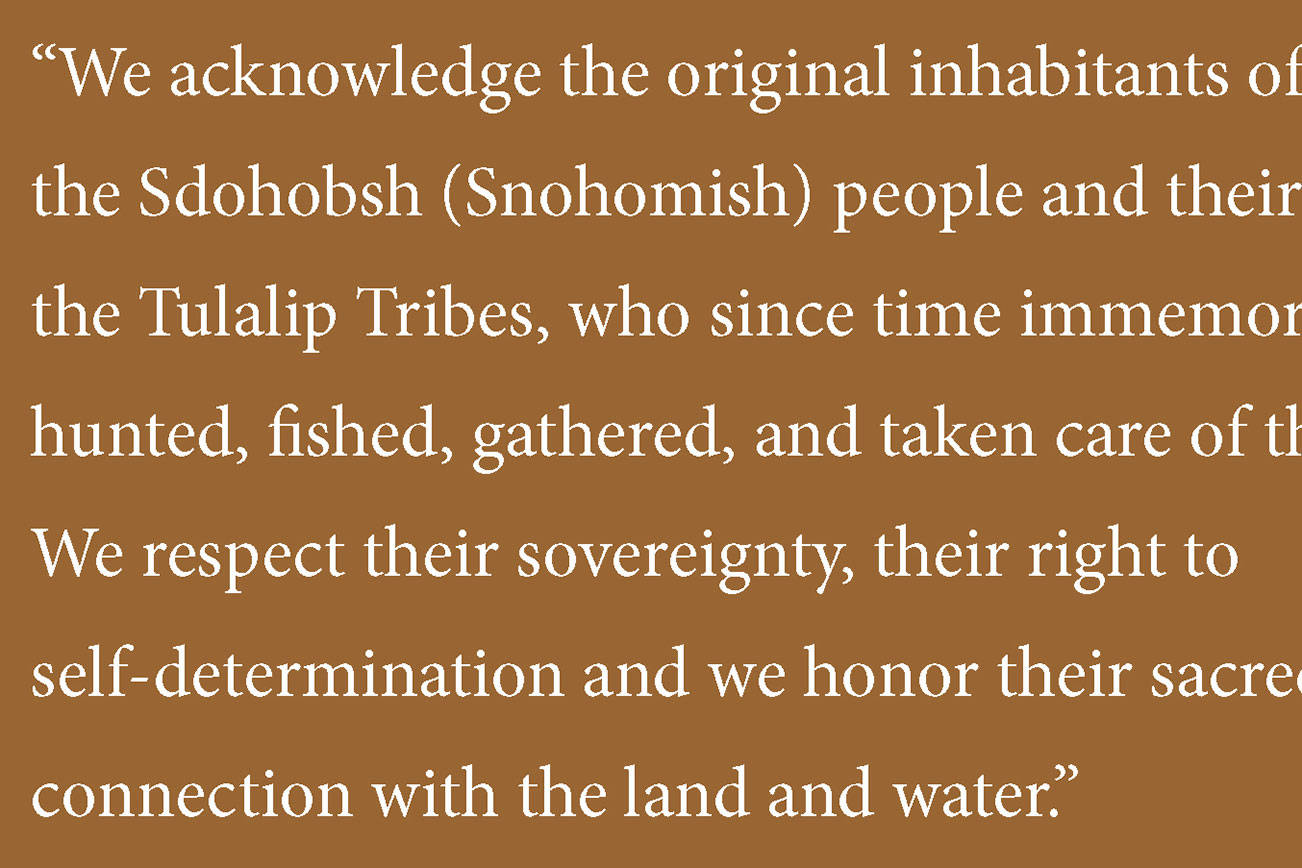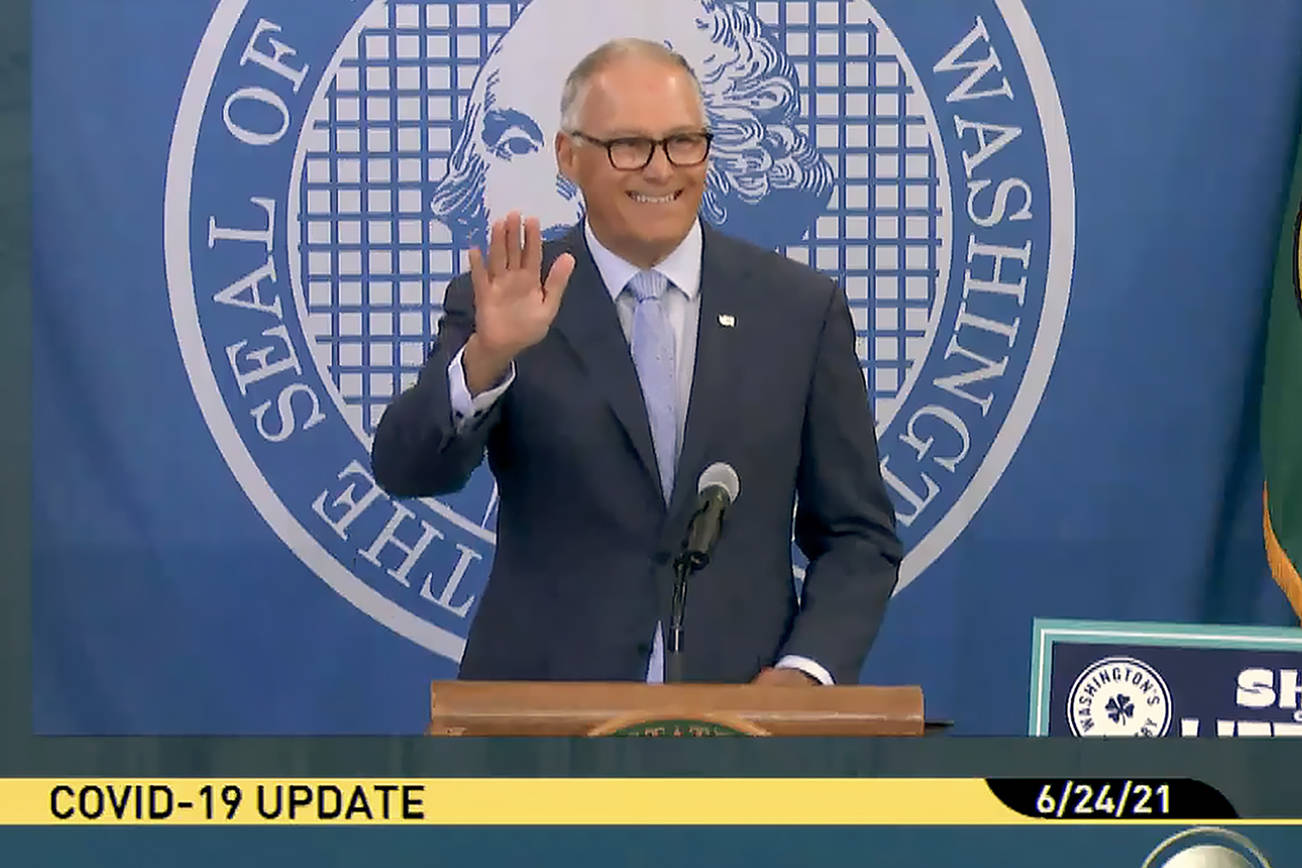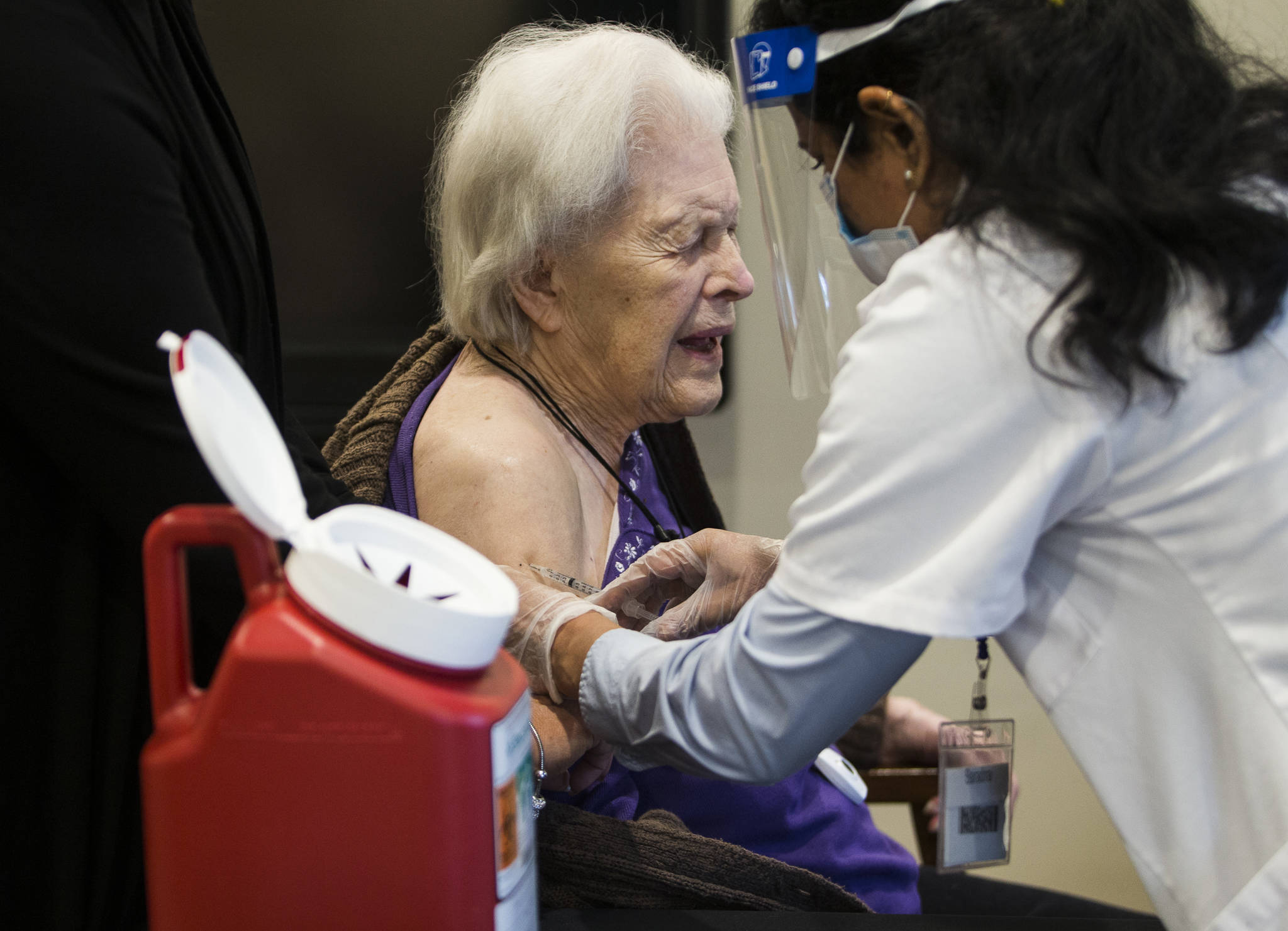EDMONDS — Before it was the city of Edmonds, the Snohomish, Suquamish, Swinomish and Stillaguamish tribes knew the land along Puget Sound as fruitful hunting and fishing grounds.
Now the City Council will be among the first local governments in the Northwest to pay tribute to the area’s indigenous history on a weekly basis.
In three unanimous votes Tuesday, the council opted to read a statement acknowledging the region’s native people at each meeting, include the message on all agendas and advise all city boards and commissions to do the same. The practice will start Sept. 3.
Leaders from the Tulalip Tribes crafted the message after the city asked for input.
“We acknowledge the original inhabitants of this place, the Sdohobsh (Snohomish) people and their successors the Tulalip Tribes, who since time immemorial have hunted, fished, gathered, and taken care of these lands,” it reads. “We respect their sovereignty, their right to self-determination and we honor their sacred spiritual connection with the land and water.”
Shane Hope, the city’s development services director, said there were no other councils in the state known to read such an acknowledgment statement.
Diana White is a member of the Kansas-based Prairie Band of Potawatomi Indians, an Edmonds City Council candidate and Edmonds School Board president. She approached the Council in April about adopting the message.
“I’ve seen land acknowledgment statements happening around us at schools and universities and other public events,” White said. “I thought it would be a good way to honor indigenous peoples especially after 18 months ago the Council voted to acknowledge Indigenous Peoples Day. It’s another step in the process and it’s a big step.”
The Edmonds School Board, Edmonds Center for the Arts and Western Washington University all have statements of their own.
In Canada, the acknowledgements are somewhat common. Some National Hockey League teams like the Edmonton Oilers and Winnipeg Jets have honored the land’s native peoples before home games for the past few seasons. The city of Toronto has had one since 2014.
At the meeting Tuesday, councilmembers said the message would be the first step toward building a better relationship with the area’s indigenous people.
Before voting for the statement, Councilwoman Kristiana Johnson said she wanted to wait to hear input from other tribes in the area. In the meantime, she suggested using a version provided by the city’s diversity commission.
“Until we discuss something with them, I don’t think we should go forward with the Tulalips’ statement,” Johnson said.
She said a welcoming ceremony could be a good idea for starting a new partnership with the tribes.
Councilman Mike Nelson, a mayoral candidate, asked council President Adrienne Fraley-Monillas if she’d launch an indigenous peoples outreach task force. Fraley-Monillas said she would go forward with the group with help from her colleagues.
To avoid unintentionally offending other tribes, Councilman Dave Teitzel said, he’d be open to any alterations to the statement to include other indigenous groups.
Fraley-Monillas said she’d be wary to modify the Tulalip Tribes’ recommendation.
Councilman Neil Tibbott, who’s also running for mayor, proposed the council read the statement monthly but voted for the weekly reading. He also said the city should commission a plaque with the statement on it to be placed in the council chambers.
After the discussions, each vote was 7-0.
Representatives of the Tulalip Tribes could not be reached for comment.
Joey Thompson: 425-339-3449; jthompson@heraldnet.com. Twitter: @byjoeythompson.








